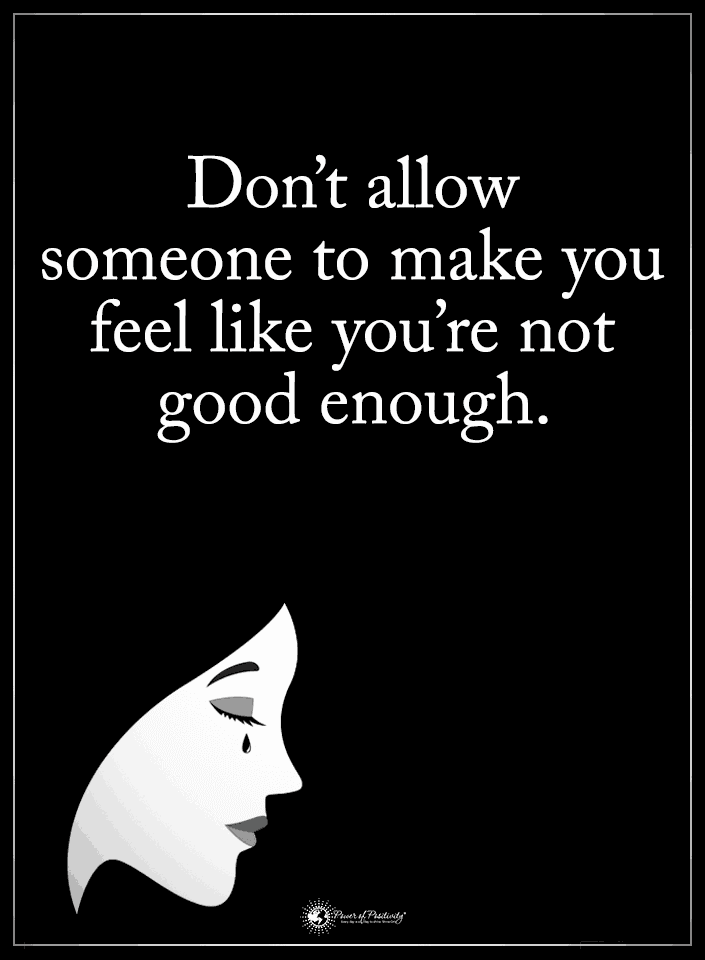Bullying is a highly troubling and heartbreaking issue. The psychological damage of bullying often sticks with an child well into adulthood – as is typical of traumatic events.
Bullying and Mental Health
According to a study published in the Journal of the American Medical Association, substantial evidence exists demonstrating the increased risk of depression in kids who were bullied. During childhood, victims of bullying often display depressive symptoms, poor academic performance, and low self-esteem.
Many of the psychological effects of bullying – particularly anxiety and depression – are often evident among adults who faced constant physical and/or verbal harassment as children. (Children who both instigated and were the recipient of bullying may suffer even worse mental health problems.)
This article discusses seven potential adult behaviors of someone made fun of as a child. To wrap things up, we’ll briefly talk about some treatment options available for those suffering.
Here are 7 adult behaviors of someone bullied as a child:
“Being bullied frequently by other children is a traumatic experience, and researchers need to gain a better understanding of how important a child’s early peer and school experiences are for their development.” ~ Cari Nierenberg: “Childhood Bullying Can Have Lasting Effects On Mental Health.”
1. Extreme Anxiety
Anxiety that is constant and intense is perhaps the most common symptom of childhood bullying. Adults bullied as kids are often diagnosed with social anxiety disorder, or SAD. SAD is the third-most-common mental health condition in the world – and it is often debilitating.
Individuals with SAD or a similar condition also know that the anxiety is irrational. For example, they innately understand that people are not always watching and judging them – but this knowledge does next to nothing to relieve the symptoms.
2. Isolation and Withdrawal
Kids who faced bullying often have to overcome years of negative subconscious programming that bullying leaves behind. When facing rejection or peer adversity, the natural human tendency is to withdraw and isolate themselves.
Why? Because isolation from others may be hurtful, it is less than exposing themselves to rejection or worse.
3. Depression
Per a research study from Kings College in London, England, victims of bullying are more likely to suffer from depression for up to 40 years. Individuals who were “frequently” bullied, according to the study, are nearly twice as likely to develop the condition.
The most common symptoms of depression include irritability, fatigue, restlessness, feelings of guilt, worthlessness, and helplessness, pessimism and hopelessness, and loss of interest in previously enjoyable activities.
4. Physical Illness
As it’s well established that childhood bullying correlates strongly with mental health problems, it’s unsurprising that physical symptoms often develop as well. Some studies show a link between higher rates of obesity, cardiovascular disease, and substance abuse among adults who faced bullying as children.
Health experts know that psychological problems can manifest into physical. For example, individuals diagnosed with anxiety and depression have an increased risk for both heart disease and substance abuse. The elevation of the stress hormones, cortisol, and adrenaline may be the catalyst for many of these physical effects.
5. Underachievement
One of the most heart-wrenching aspects of bullying is its effect on intelligent, capable kids. Unfortunately, these are the same kids that are often targets of bullying. While some resilient kids manage to overcome these difficulties and still succeed in the classroom, many do not.
The mental health conditions mentioned in this article alter the brain’s natural chemistry. This fluctuation in brain chemicals – especially serotonin – makes mental processes like concentration and memorization much more difficult. Underachievement in kids made fun of often begins in the classroom and continues into adulthood.
6. Poor Emotional Intelligence
Emotional intelligence is “the capacity to be aware of, control, and express one’s emotions, and to handle interpersonal relationships judiciously and empathetically.” It’s easy to understand why someone marginalized as a child may be unable to pick up on or understand emotional cues – even their own.
Childhood bullying almost always leads to emotional underdevelopment. The reason is that bullied children do not experience the social interactions required to mature socially. This stunting of emotional intelligence often lasts well into adulthood.
7. Antisocial Behavior
In a joint study conducted by researchers from Duke University and Warwick University (UK), scientists conclude that victims of childhood bullying are more at risk for adopting antisocial behaviors. The 1,400-person study tracked people from the ages of nine to 26. As a result of their observations, they showed that those identifying as “bully-victims” were also more likely to be convicted of a criminal offense.
“We cannot continue to dismiss bullying as a harmless, almost inevitable, part of growing up,” says Professor Dieter Wolke of the University of Warwick, “We need to change this mindset and acknowledge this as a serious problem for both the individual and the country as a whole; the effects are long-lasting and significant.”
Psychological trauma often requires a combination of talk therapy (cognitive behavioral therapy, or CBT) and medication. Research shows CBT to be particularly useful.
Treatment
A practice called mindfulness-based stress reduction, or MBSR, has proven useful on military personnel suffering from post-traumatic stress disorder (PTSD). It stands to reason that mindfulness and meditation practices may help alleviate some of the psychological and physical effects of bullying.



















